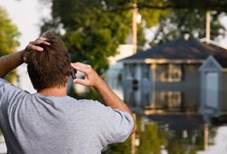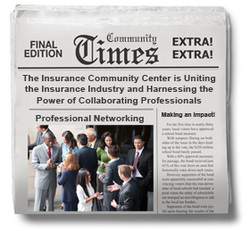|
When it comes to choosing a car insurance policy, many of us let premium price drive our decisions. But cutting corners on cost could leave you underinsured and overexposed to the risks of the road.
Fortunately, it’s easy to strike a balance between affordability and adequate coverage when you have the right information. Remember: your insurance representative is a valuable resource. Asking these five questions before you purchase a car policy can help you get the protection you need at a price you decide is right for you. 1. Do I Have All the Coverage I Need? This first answer to this question will depend on the state where you live. At a minimum, most states require liability insurance, which covers the cost of accident-related injury, death, vehicle damage, property damage and legal fees. Once the minimum requirements are met, ask your insurance rep to explain and recommend additional coverage options best suited for your individual needs. These commonly include collision, comprehensive, uninsured and underinsurance motorist protection (UM/UIM). Your rep should also explain how each will affect your premium and “out-of-pocket” expenses after an accident. If you have a lot of personal assets to protect, you may also want to discuss excess liability insurance with your insurance rep. This is a separate, personal liability policy that can kick in to cover costs where your car (or homeowners) insurance leaves off. 2. Am I Getting All the Discounts and Savings I Can? The cost of insurance partly depends on the coverages, deductibles and policy limits you choose. It is also based on your “risk rating” — a calculation used to determine the likelihood that you will be making a claim in the future. Factors such as the age, gender, driving record, insurance score and garaging location of the vehicles on your policy will largely determine the price of your premium. While there is not much wiggle room to affect your risk rating and its effect on the price of your policy premium, there are many discounts designed to help lower premiums. Savings are commonly found in safe driver, continuous insurance, multi-policy, multi-car and good student discounts for those who qualify. Additional discounts may be available if you are insuring a new or hybrid/electric car, or own a home. How and when you pay can affect your premium, too. Your insurance company may offer discounts if you pay in full, by electronic funds transfer (EFT) or by payroll deduction, as well as if you pay on time. Ask your insurance rep to ensure you are getting all the discounts for which you are eligible. 3. What Is Covered if My Car Is in an Accident or Gets Damaged? It is a popular misconception that car insurance will automatically cover the replacement or repair of your car, as well as towing or rental car fees, after an accident. The reality is, without the right coverages, you may not have these benefits. Liability insurance typically pays for damage to another driver’s vehicle or someone else’s property if you cause an accident, and is the minimum coverage required in most states. To cover repair and replacement of your own car, you will need collision coverage for accident-related damage and comprehensive coverage for non-accident incidents, such as theft, vandalism, hitting an animal or storm damage. Be sure to ask your insurance rep whether optional coverages like roadside assistance and rental reimbursement are right for you. Another important coverage to discuss with your rep is uninsured/underinsured motorist insurance, which can help pay for damages and medical expenses if you get hit by a driver who has no insurance or inadequate coverage. If you have a lease or loan on your car, ask your insurance rep about gap insurance, too. This coverage may pay the difference between what your car is worth and what you still owe on it if your car is totaled. 4. What is Covered if My Car Is in an Accident and Someone Is Injured or Dies? Protecting drivers, passengers and pedestrians who are injured — or worse — in an accident is a top priority. That’s why bodily injury liability insurance is the most important auto coverage a driver can have, covering accident-related expenses such as hospital and medical bills, lost wages, rehabilitation and legal fees. While bodily injury liability insurance is a requirement in most states, the minimum level of coverage may not offer adequate protection. Discuss policy limits with your insurance rep before purchasing car insurance. Remember: you will be personally responsible to cover any costs above this limit. Ask your insurance rep to help you determine your need for additional coverage options and protections, too. Depending on where you live, these can include:
5. What Costs Will I Need to Cover “Out-of-Pocket” if I Am in an Accident? How much you will pay out-of-pocket for accident-related expenses depends on your policy limits, coverages and deductibles, as well as the specific circumstances of the incident. If you did not cause the accident, the driver who did — and his or her insurance company — is typically responsible to pay for any resulting damages or injury. However, if the at-fault driver has no insurance or is underinsured, you may be left holding the bill. Ask your insurance rep what you can do to ensure your policy will protect you in this situation, such as adding collision or uninsured/underinsured motorist coverage. If you are at fault for an accident, your insurance typically provides coverage for repairs, medical, legal and other related expenses up to your policy limits once you pay your deductibles. For example, let’s say your car is damaged in a covered accident you caused, you have collision coverage with a policy limit of up to $10,000 and your deductible is $2,000. If the cost to repair your car is $1,500, you will pay the entire $1,500 since it is less than your deductible. If the cost to repair your car is $8,000, you will pay your deductible of $2,000 and your insurer will pay the remaining $6,000. If the cost to repair your car is $12,000, you will pay $4,000 (your deductible, plus the $2,000 above your policy limit) and your insurer will pay $8,000. To keep monthly premiums low, drivers often opt for higher deductibles and lower policy limits. But if you can’t pay your deductible or accident-related expenses above and beyond your policy limits, you may find yourself in financial crisis. Before purchasing any policy, have your insurance rep go over all the scenarios with you. Work together to create a policy that balances your individual needs with a premium, deductible and policy limit you can afford.
0 Comments
 As a result of the financial impact that the ongoing COVID-19 Pandemic is having on policyholders, we are announcing the Safety Personal Auto Relief Credit. Any Safety Insurance personal auto policyholder that has a policy in effect as of April 1st will receive a 15% credit off their premium for the months of April and May. Details of the program include:
In addition to this credit, Safety’s previously announced initiatives remain ongoing: Cancellation notices issued on or after March 23, 2020 have been rescinded and we have placed a hold on all non -payment policy cancellations until further notice. We have also waived all late and NSF fees. Safety continues to provide auto coverage for customers who are now using their personal vehicles to make food deliveries as a result of changes to their business operations. As always, our staff is available to provide help and work through flexible solutions to the challenges our policyholders face. We are making relief efforts through our Charitable Foundation to help support the communities in which we do business. We are providing financial support to the following local charities. Massachusetts COVID -19 Relief Fund Boston Resiliency Fund Project Bread Healthcare Heroes to benefit the Massachusetts General Emergency Response Fund Safety’s thoughts remain with everyone during these difficult times and we will continue to make decisions that have the best interest of our agents, policyholders, and employees in mind. Thank you for your continued partnership and please stay safe. Sincerely, John Drago, Vice President of Marketing 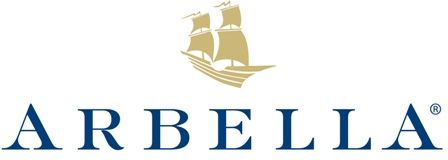 We hope that you and your family are safe and well. The coronavirus (COVID-19) pandemic has impacted all of us, many significantly. We understand that this crisis may be impacting your ability to pay your Arbella insurance premium at this time. If you are facing financial challenges as a result of a health or economic issue related to COVID-19, we are here to assist you with payment options. Arbella will suspend all cancellations for non-payment from April 1 until June 1, 2020. You will continue to receive a monthly bill, but we will not cancel your policy for non-payment during this period. We will also waive all fees for late payments or insufficient funds. We urge you to call an Arbella customer service representative at 1-800-ARBELLA (272-3552) to discuss payment options. Our caring employees are ready to assist you and may suggest other options, including minimum payment amounts, electronic transfers, or credit cards. Additionally, Arbella now accepts credit cards for commercial insurance policies and during these unprecedented times, no convenience fees will be assessed on these payments. We’re here to assist you. Please stay well! Would you know what to do if you were involved in a fender bender?
Even if the damage doesn’t seem significant, you might have a time-consuming and stressful process ahead of you and it’s important to proceed carefully. If it’s a serious wreck, call 911. Otherwise, here’s what to keep in mind in the event of a minor accident. What should you do at the scene? If you accidentally bump another car (or if they bump you), here are a few steps to take:
What if the other driver leaves the scene? If the other driver doesn’t cooperate, doesn’t share their information or refuses to stop altogether, you should still stop and call the police. Try to remember as many details as you can (the color, make and model of the car, details from the scene, etc.) and share them with the police. If you have any questions about how to handle a fender bender or any other claim, reach out today Life can naturally be unpredictable, and various events may cause your car insurance rates to fluctuate, too. If you'll be making a change in the future, be aware of which common milestones could affect your premium.
Can you reverse a rate increase? It may not be possible to reverse a rate increase, especially if it was due to an expansion of coverage; however, sharing updates about automatic security features in your car and doing a record review of other drivers on your policy may prevent outdated information from further raising your monthly rate. Keeping your insurance up to date starts with revising your policy to include major life changes. An annual review of your coverage will help make sure it still corresponds to your family's needs. Please reach out if you have questions or if you'd like to check in. Taynara (508)444-0509 Isabella (508)403-0300 Compare car insurance quotes and find all the information you need to save on your car insurance policy.
Customized car insurance coverage options, discounts galore and amazing features. Get a free online quote and speak to a dedicated agent. Get a free online car insurance quote in 15 minutes or less. Discover how much you could save today on auto insurance by switching. Learn about our auto insurance discounts, customized coverages, and so much more as you continue to compare rates online. |
better Insurance
|
-
HOME
- Send me a Home Insurance Quote >
- FLOOD Insurance, Massachusetts >
- Cape Cod Home Insurance
- Pay Your Home Insurance Bill Online
- Ordinance or Law Coverage
- How to Prevent a Claim on your Home Insurance Policy
- Videos - Cape Cod Real Estate Tips >
- Cape Cod Massachusetts Arbella Insurance Discounts
- Cape Cod Massachusetts Lloyds of London Home Insurance
- Safety Insurance Discounts for Cape Cod, Massachusetts
- MPIUA - MA Property Insurance Underwriting Association "Fair Plan"
- Cape Cod Massachusetts Home Protection Insurance
- Hurricane Preparedness >
-
AUTO
- Send me an Auto Insurance Quote for Cape Cod, Massachusetts
- BOAT Insurance >
- Cape Cod, MA Dept. of Motor Vehicles
- Cape Cod Massachusetts - Report an Auto Insurance Claim
- Auto Insurance Quote - CAR BUYING TIPS : Auto Insurance for Cape Cod, MA
- InControl Driver Training
- Car Insurance for Cape Cod Massachusetts - Arbella Insurance - Send me an Auto Quote >
- Plymouth Rock - Send me an Auto Quote >
- Encompass Insurance Discounts
- Safety Insurance - Send me an Auto Quote >
- Travelers Insurance Discounts
- Progressive Insurance - Send me an Auto Quote
- LIFE
- OFFICES
- ABOUT US
- Stay Home
- Home Insurance Explained
- Agent Login
- Privacy Policy
- Videos - Cape Cod Real Estate Investing, Taxes & Insurance
- Videos - Cape Cod Coastal Real Estate
- Português
Arthur D. Calfee Insurance Agency, Inc. is a friendly local insurance agency proudly offering Massachusetts, Cape Cod and the Islands. A-Excellent AM Best rating, A+ Excellent by the BBB
Using innovative thinking, cutting-edge tools and expert resources at national and local levels, we deliver the best possible outcome on every policy we manage. Need Home Insurance? Easy, Fast, & Secure Home Insurance. Get Free Quotes 100% Online Now! Available 24/7. Affordable Rates. Cover Your Biggest Investments. Get a homeowners insurance quote, find coverage options. We'll help you understand and customize the right home insurance coverage for you.
Home is where your heart is—along with a healthy chunk of your net worth. Get started today with a free homeowner's quote.
Compare home insurance quotes today and save on protection for your biggest investment. Build a Custom Policy & Make the Switch! Our local underwriting professionals focus exclusively on finding the best home insurance, homeowner's insurance, hazard insurance, investment property insurance, flood insurance, flood zone information, vacation home insurance, second home insurance, auto insurance, collector car insurance, business insurance, general liability insurance, property insurance, professional liability insurance, contractor's liability insurance, worker's comp insurance, key man insurance, whole life insurance, term life insurance, group or personal disability, & long-term care insurance policies to patrons in the following Cape Cod, Massachusetts towns, communities and villages: Barnstable, Bourne, Pocasset, Brewster, Buzzards Bay, Centerville, Chatham, Cotuit, Craigville, Dennis, East Dennis, Eastham, Falmouth, East Falmouth, Hatchville, West Falmouth, North Falmouth, Woods Hole, Harwich, Hyannis, Hyannisport, Martha's Vineyard, Nantucket, Marstons Mills, Mashpee, Orleans, Osterville, Provincetown, Sandwich, Sagamore, Sagamore Beach, Truro, Wellfleet, Yarmouth, and Yarmouthport. Real-Time Pricing. Insurance coverage: Wind Damage, Fire Loss, Water Damage. Protect your home and belongings. Low Rates For Your Best Options to Save Money On Great Coverage! Get a quote today. Home insurance helps protect your house and your family.
Using innovative thinking, cutting-edge tools and expert resources at national and local levels, we deliver the best possible outcome on every policy we manage. Need Home Insurance? Easy, Fast, & Secure Home Insurance. Get Free Quotes 100% Online Now! Available 24/7. Affordable Rates. Cover Your Biggest Investments. Get a homeowners insurance quote, find coverage options. We'll help you understand and customize the right home insurance coverage for you.
Home is where your heart is—along with a healthy chunk of your net worth. Get started today with a free homeowner's quote.
Compare home insurance quotes today and save on protection for your biggest investment. Build a Custom Policy & Make the Switch! Our local underwriting professionals focus exclusively on finding the best home insurance, homeowner's insurance, hazard insurance, investment property insurance, flood insurance, flood zone information, vacation home insurance, second home insurance, auto insurance, collector car insurance, business insurance, general liability insurance, property insurance, professional liability insurance, contractor's liability insurance, worker's comp insurance, key man insurance, whole life insurance, term life insurance, group or personal disability, & long-term care insurance policies to patrons in the following Cape Cod, Massachusetts towns, communities and villages: Barnstable, Bourne, Pocasset, Brewster, Buzzards Bay, Centerville, Chatham, Cotuit, Craigville, Dennis, East Dennis, Eastham, Falmouth, East Falmouth, Hatchville, West Falmouth, North Falmouth, Woods Hole, Harwich, Hyannis, Hyannisport, Martha's Vineyard, Nantucket, Marstons Mills, Mashpee, Orleans, Osterville, Provincetown, Sandwich, Sagamore, Sagamore Beach, Truro, Wellfleet, Yarmouth, and Yarmouthport. Real-Time Pricing. Insurance coverage: Wind Damage, Fire Loss, Water Damage. Protect your home and belongings. Low Rates For Your Best Options to Save Money On Great Coverage! Get a quote today. Home insurance helps protect your house and your family.
Testimonials & Endorsements for the Best Insurance Agent on Cape Cod, MA
PHONE: (800) 479-2601 CUSTOMER SUPPORT & SERVICE
Please note: The above is meant as general information to help you understand the different aspects of insurance. This information is not an insurance policy, does not refer to any specific insurance policy, and does not modify any provisions, limitations, or exclusions expressly stated in any insurance policy. Descriptions of all coverages and other features on this page are necessarily brief; in order to fully understand the coverages and other features of a specific insurance policy, we encourage you to read the applicable policy and/or speak to an insurance representative. Coverages and other features vary between insurers, vary by state, and are not available in all states. Whether an accident or other loss is covered is subject to the terms and conditions of the actual insurance policy or policies involved in the claim. References to average or typical premiums, amounts of losses, deductibles, costs of coverages/repair, etc., are illustrative and may not apply to your situation. We are not responsible for the content of any third-party sites linked from this page.
© 2023 Copyright, Arthur D. Calfee Insurance Agency, Inc.
Calfee Cares.® Privacy Policy
Calfee Cares.® Privacy Policy


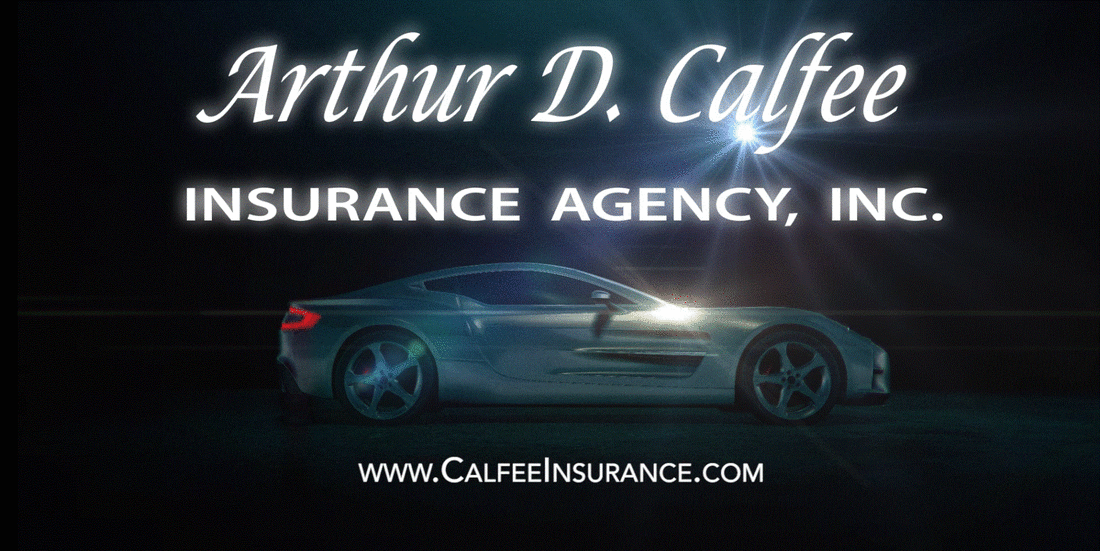

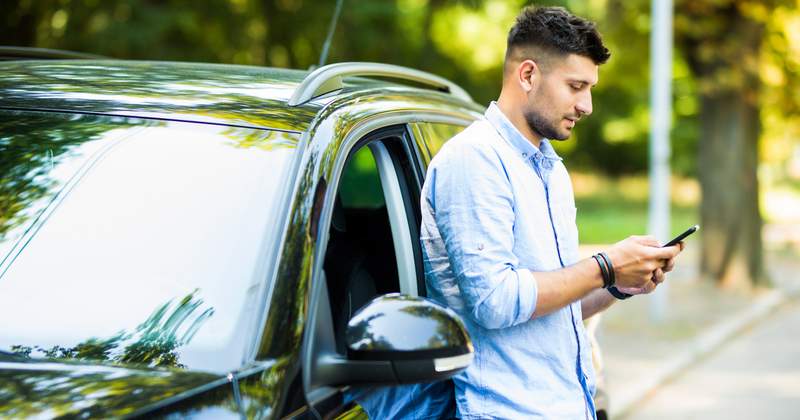

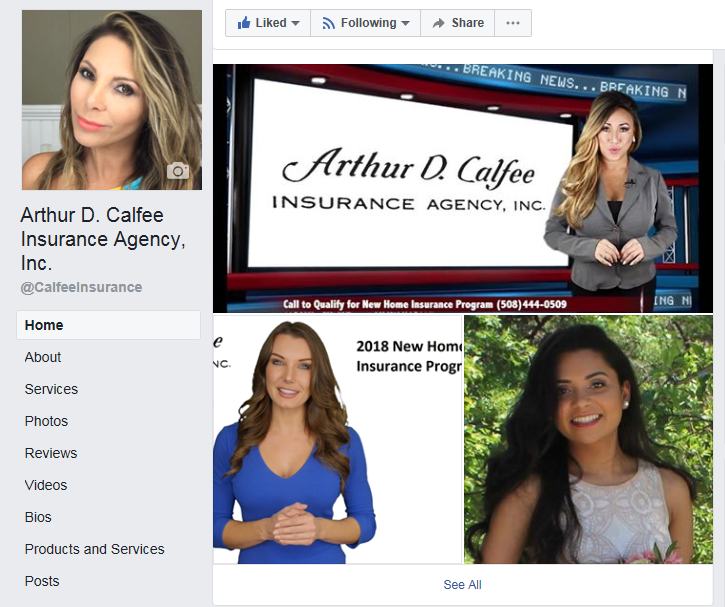

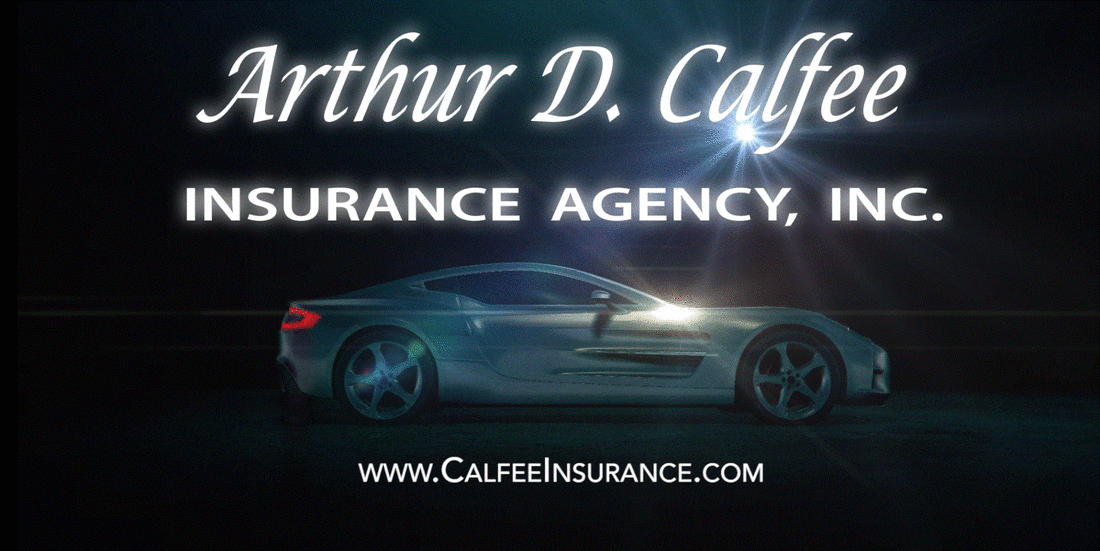

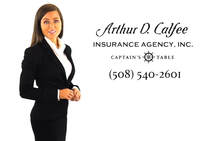
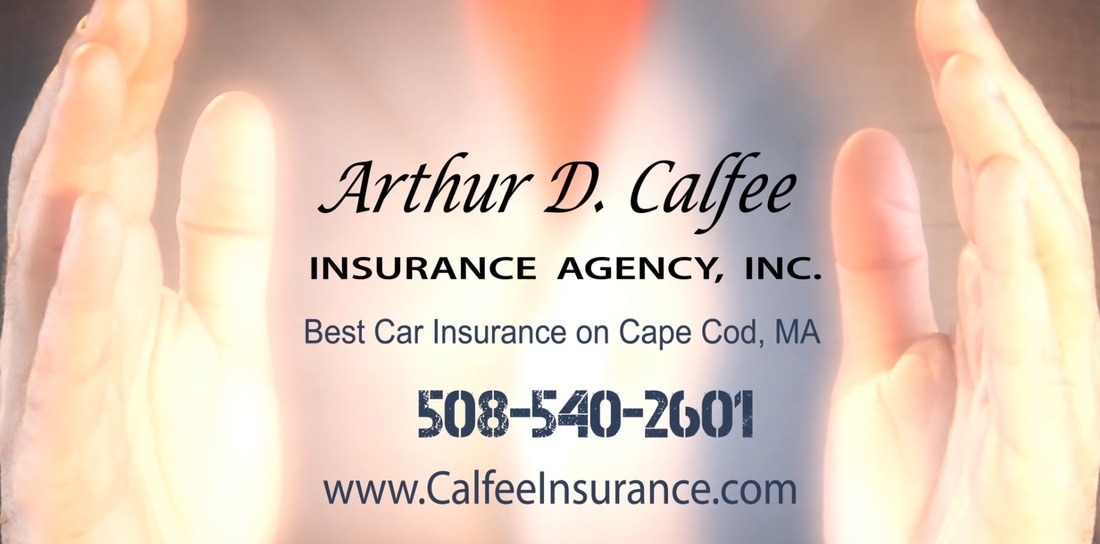


 RSS Feed
RSS Feed





